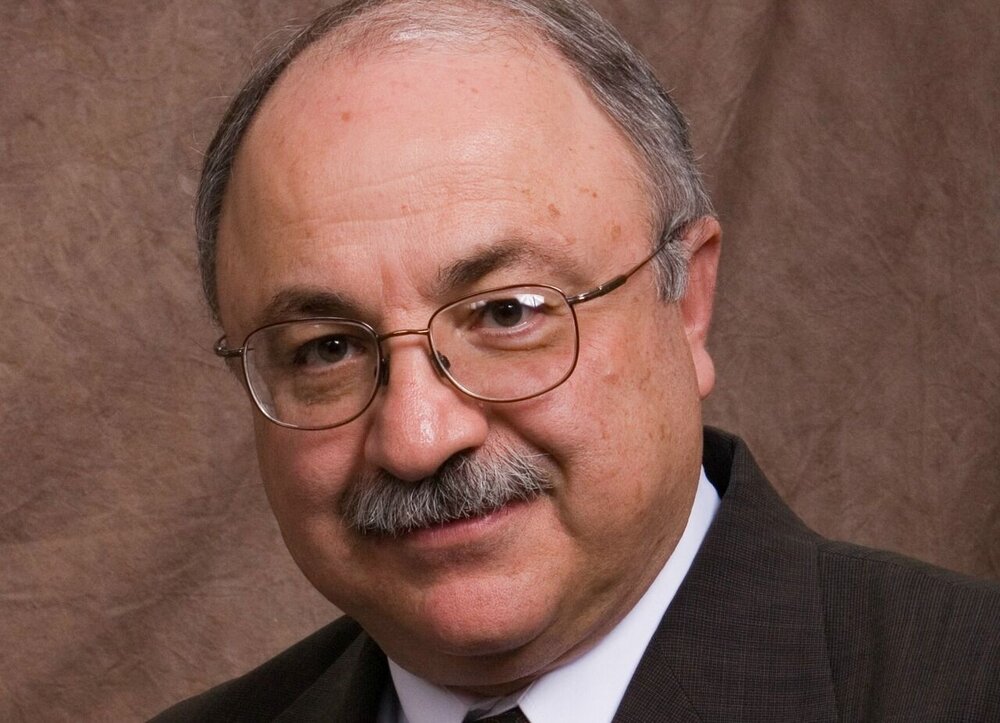By Mohammad Mazhari
TEHRAN - Nader Entessar, a professor emeritus of political science from the University of South Alabama, says that U.S. political system does not lend itself to major changes.
"The U.S. has a status-quo political system that does not lend itself to major or abrupt changes," Entessar tells the Tehran Times.
"One can go back to the formative years of the American republic to find the roots of this. The U.S. also has a very complicated and multi-layered constitutional and legal system that tends to favor the preservation of the status quo to sudden and revolutionary change," Entessar argues.
Following is the text of the interview:
Q: What are the main mechanisms of decision-making in U.S. foreign policy? Democratic institutions or lobbies? For example, when it comes to the Palestinian-Israeli conflict, the U.S. democracy doesn't work.
A: In the final analysis, American foreign policy decisions are made by the country's political institutions as determined by constitutional provisions and America's legal framework. However, there are many forces, including lobbies, think tanks, and other entities, that exert influence in their own way in shaping the contours of U.S. foreign and domestic policies. This process also works in determining Washington's policies towards the Palestinian-Israeli conflict. In fact, America's foreign policy in this area works within the machinery of the American political system. U.S. democracy works precisely the way it is designed to work when it comes to Palestine or other similar issues.
Q: Some critics believe a deep state in the U.S. determines main strategies regardless of who takes power in the White House. Do you agree with such a view?
A: No, I don't agree. Of course, there are extra-legal or dark forces in many states that seek to undermine and/or control the decision-making process. The U.S. has had a fairly consistent foreign policy for many decades, and this has very little to do with the role played by the so-called "deep state." American foreign policy strategies, especially those developed in the post-World War II era, are based on maintaining U.S. primacy in global affairs and combating the emergence or strengthening of opposing forces. In other words, the congruity of Democratic and Republican policies on this issue has led to a set of consistent American foreign policy principles over the years.
Q: American politicians claim that the U.S. is a democracy and a republic. So why did this "Republic" support the 1953 coup d'état, in Iran known as the 28 Mordad coup d'état? Why does this "democracy" support Arab monarchies? How can we understand this contradiction?
A: Again, America's decision to orchestrate the 28 of Mordad coup d'état had nothing to do with the dichotomy between the U.S. being a democracy or a republic.
The same principle applies to Washington's support for authoritarian Arab monarchies today. The driving force in these cases has little to do with democracy or republicanism and it has everything to do with maintaining and maximizing Washington's supremacy in global affairs.
Q: Some observers designate U.S. democracy as a wild/aggressive democracy based on liberal ideology that promotes selfishness and egoism inside and outside. Don't you think the U.S. can adopt other versions of democracy to be more ethical and fairer when it deals with its folk and other states?
A: Ideally, yes, but practically no. The U.S. is a major superpower that does not view itself as just another country.
American leaders have always viewed the U.S. as akin to a "shining city upon the hill" that is destined to guide other people. This messianic zeal has eventually morphed into adopting full-spectrum dominance and global hegemony as a recurrent theme of American foreign policy.
Q: Why did democratic institutions fail to prevent endless wars?
A: There is an international relations theory (the democratic peace theory) that argues that there is an inverse relationship between democracy and war. That is, democracies don't go to war against each other, and they are less prone to start a war than other forms of government. However, there is a relatively significant boy of quantitative research that shows that regime type and war involvement are not significantly related to each other. In other words, democracy and war involvement are not consistently and significantly correlated with each other. That is why one cannot expect democracies not to engage in endless wars if their overriding foreign policy objective is international hegemony.
Q: Do you agree with this claim that the U.S. is a conservative political system that hardly accepts changes?
A: The U.S. has a status-quo political system that does not lend itself to major or abrupt changes. One can go back to the formative years of the American republic to find the roots of this. The U.S. also has a very complicated and multi-layered constitutional and legal system that tends to favor the preservation of the status quo to sudden and revolutionary change.


No comments:
Post a Comment